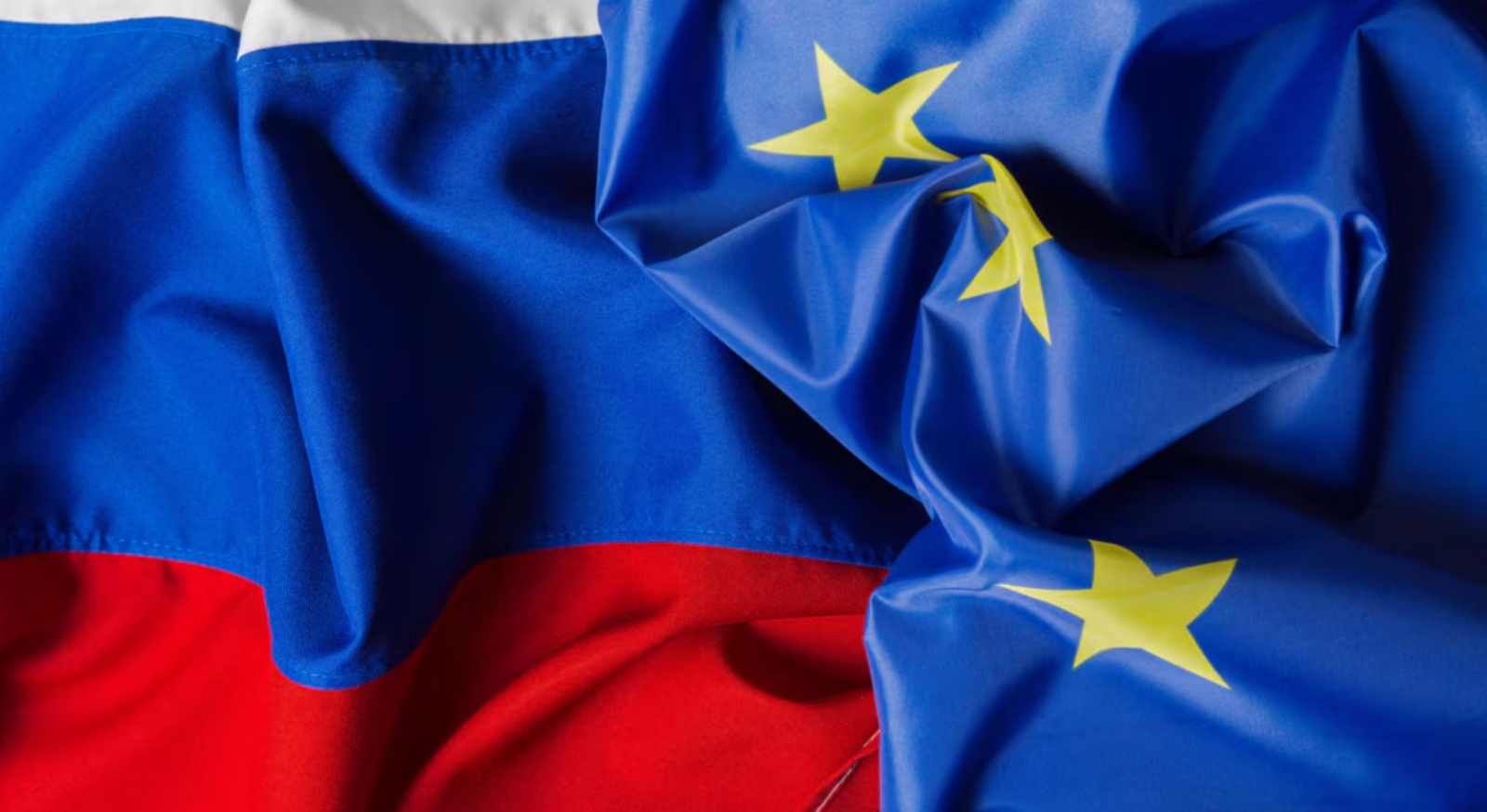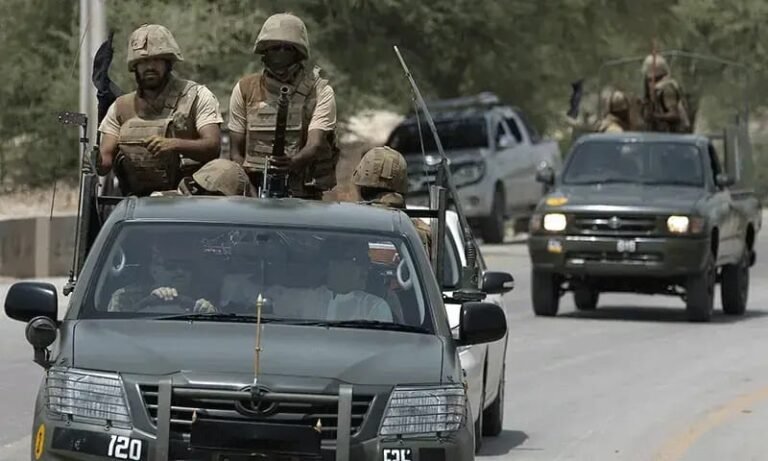Europe’s Nineteenth Blow: Can Sanctions Reshape Russia’s War Machine?
The European Union, born out of the ruins of a continent twice shattered by war, was founded upon the conviction that economic interdependence could achieve what centuries of diplomacy and deterrence had failed to secure: lasting peace. Its architects believed that when coal, steel, and commerce were bound together, the drums of conflict would fall…
The European Union, born out of the ruins of a continent twice shattered by war, was founded upon the conviction that economic interdependence could achieve what centuries of diplomacy and deterrence had failed to secure: lasting peace. Its architects believed that when coal, steel, and commerce were bound together, the drums of conflict would fall silent. Yet, in 2025, this very project finds itself deploying economics not as a bridge but as a weapon. The announcement that Brussels is preparing its nineteenth package of sanctions against Russia is not merely another act of bureaucratic procedure but a defining moment in the evolution of European power. It illustrates both the ingenuity and the limits of a Union that has long eschewed hard military force yet cannot turn away from the hardest of geopolitical crises.
At the core of this latest sanctions package lies a sharpened awareness of the Kremlin’s adaptability. In the early waves of measures imposed after the annexation of Crimea in 2014 and the full-scale invasion of Ukraine in 2022, Europe focused on visible pillars of the Russian economy: energy exports, banking access, and oligarch wealth. Billions were frozen, yachts impounded, and pipelines shut. Yet Moscow proved resourceful, rerouting energy flows to Asia, creating alternative payment systems, and nurturing trading relationships with sympathetic or opportunistic states beyond Europe’s orbit. The EU’s nineteenth package, therefore, turns its sights upon subtler arteries: restrictions on specific Russian bank transactions, tighter controls on investment into special economic zones linked to the war effort, and bans on exports of advanced technologies in fields such as artificial intelligence and geospatial systems.
This approach speaks to a more sophisticated recognition of what modern war requires. Russia’s campaign against Ukraine is waged not only with artillery and drones but with algorithms that map terrain, satellite intelligence that guides missile strikes, and financial channels that sustain procurement across continents. By cutting into these networks, Europe seeks to disrupt the sinews of a war economy that thrives on globalisation’s blind spots. The effort is, in many ways, the mirror image of what made the European project itself powerful: the knowledge that economic connections are as decisive as tanks on a battlefield.
Yet the use of sanctions as an instrument of statecraft is no invention of the twenty-first century. It has a chequered history that stretches back to antiquity. The Megarian Decree imposed by Athens upon its neighbour in 432 BC was an early attempt to throttle an adversary’s lifeblood by restricting access to markets. In more recent centuries, Britain sought to choke Napoleon’s France through the Continental Blockade, while the League of Nations attempted—feebly—to restrain Mussolini’s Italy after its invasion of Ethiopia. In the twentieth century, sanctions became a favoured tool of Cold War politics: Washington imposed embargoes on Cuba, South Africa was isolated over apartheid, and the United Nations applied punitive restrictions upon regimes ranging from Saddam Hussein’s Iraq to Slobodan Milošević’s Yugoslavia. The results were mixed. Sanctions could delegitimize, they could weaken, but rarely did they achieve outright capitulation.
It is precisely this historical ambiguity that haunts Europe’s current campaign. Russia is not an isolated island like Cuba, nor a pariah regime like apartheid South Africa; it is a nuclear-armed state with vast resources, a permanent seat on the UN Security Council, and a storied history of surviving isolation. Napoleon’s blockade could not starve out Tsarist Russia, and the Western embargoes of the Cold War did not break the resolve of the Soviet Union. On the contrary, Russian political culture has often drawn strength from adversity, turning scarcity into a badge of endurance. To expect sanctions alone to bend Moscow’s will is, therefore, a gamble with precedent.
But today’s sanctions differ in one crucial respect: they target the architecture of modernity itself. Artificial intelligence systems, geospatial technologies, and high-value financial mechanisms are not luxuries but necessities in twenty-first-century war. Russia may have survived the rigours of 1812 and the privations of 1942, but it did so in a world where battles were fought with horses and rifles, not satellites and software. By attempting to slow Russia’s technological ascent, Europe is striking at its capacity to wage war in the future as much as the present. This is not merely punitive; it is pre-emptive.
Still, sanctions are not crafted in a vacuum. They test not only the resilience of the target but also the unity of those who impose them. The European Union’s strength lies in collective action, yet its greatest vulnerability is the temptation of fracture. Each new package requires the consent of twenty-seven member states, each balancing moral conviction against domestic pressures. Inflation, energy insecurity, and political populism gnaw at solidarity. For ordinary Europeans, sanctions translate into higher fuel bills, slower growth, and disrupted supply chains. The Kremlin understands this well, betting that the cost of solidarity may prove unbearable. It is in the quiet dissent of one reluctant capital that Russia hopes to find its opening.
Furthermore, sanctions generate ripple effects that stretch beyond the intended adversary. Nations in Africa, Asia, and Latin America often find themselves collateral in this global struggle. As Russian trade diversifies eastward, new alignments emerge. India buys discounted oil; China supplies technology; African states receive grain and arms in exchange for loyalty. Sanctions, then, do not occur in a sealed laboratory but in the messy reality of a multipolar world. They risk accelerating the very decoupling that Europe fears, driving Moscow deeper into partnerships with those who reject Western norms.
Yet to dismiss sanctions as futile would be to overlook their less visible victories. Russia’s economy has not collapsed, but it has contracted. Its access to capital is more constrained, its technological base weakened, its elite more constrained in their global mobility. The sanctions also carry symbolic weight. They declare to the world that aggression has consequences, that borders in Europe are not redrawn without resistance, and that the Union’s creed of peace is not mere rhetoric. Even if Moscow does not yield, sanctions buy time and space for Ukraine to resist, for alliances to consolidate, and for new strategies to emerge.
The nineteenth package thus becomes more than an economic document; it is a moral statement inscribed in policy. It tells the story of a Europe that has been forced to rediscover the old language of power while clinging to the new ideals of law and order. It is part of a continuum, stretching back to the Megarian Decree and forward into the uncharted future of digital warfare. Whether it will succeed in altering Russia’s calculus remains uncertain. History suggests that sanctions alone seldom do. But they shape the battlefield in ways both subtle and profound. They weaken, constrain, and signal, even if they do not conquer.
In the end, the European Union’s strategy must be measured not merely in Moscow’s capitulation but in Europe’s endurance. Can a union born of peace remain united in war? Can economic interdependence, once the promise of harmony, now serve as the scaffold of resistance? These are the questions upon which the sanctions regime rests. They are questions not just of policy but of identity, for in confronting Russia, Europe confronts its own place in history.
As the nineteenth package makes its way through committees and capitals, one can almost hear the whispers of the past: Athens punishing Megara, Britain defying Napoleon, the League floundering before Mussolini, the West isolating the Soviets. Each episode reminds us that economic warfare is as old as civilisation itself, and as uncertain. The European Union, wielding its immense market as both shield and sword, has stepped into this long tradition. What remains to be seen is whether this time, history will bend in its favour.
— Fazal ur Rahman Khokhar







